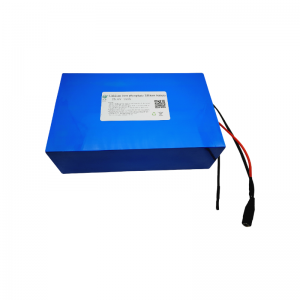Lithium iron phosphate batteries are a type of rechargeable batteries that offer many advantages over traditional lithium-ion batteries. They are lightweight, have higher capacity and cycle life, and can handle more extreme temperatures than their counterparts. However, these benefits come with some disadvantages as well. Lithium iron phosphate batteries tend to be expensive and may not be suitable for all applications due to their chemistry. Additionally, they require safety measures such as temperature monitoring and balanced charging in order to maximize performance.
One of the major advantages of using lithium iron phosphate batteries is their high energy density - meaning they can store more power per unit volume compared to lead acid or NiMH cells. This makes them ideal for electric vehicles where weight savings is important but reliable power storage is also essential. The battery cells also have very low self-discharge rates which means they will hold charge much longer when not in use compared with other types of rechargeable cell technology.

On the downside, there are a few considerations when using lithium iron phosphate cells that should be taken into account before selecting them for your application: cost, safety precautions and limited availability being some of the main ones. These battery types tend to be significantly more expensive than other Li-Ion or Lead Acid alternatives on the market today due to their specialized manufacturing process so it’s important to consider this factor if you’re looking at deploying large scale projects with LiFePO4 cells! Safety must also be taken seriously when working with this type of cell; overheating could cause thermal runaway leading potentially hazardous situations so temperature monitoring systems should always be used during operation or charging cycles as an additional precautionary measure against accidents occurring.
Post time: Mar-01-2023